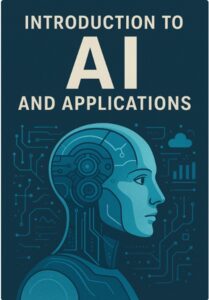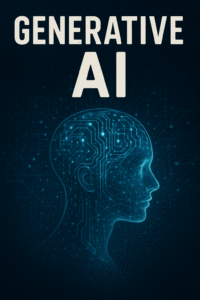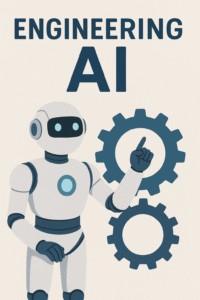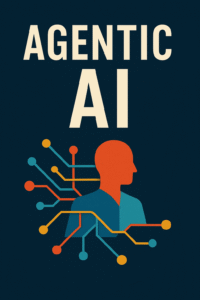Introduction
Artificial Intelligence (AI) has become an integral part of our daily lives, revolutionizing industries and transforming the way we interact with technology. As AI continues to advance, the importance of integrating consciousness, contextuality, responsibility, and ethics into its development and deployment becomes increasingly evident. In this article, we will explore the significance of conscious, contextual, responsible, and ethical AI and its applications in fostering a positive and sustainable future.
- Conscious AI
Conscious AI refers to the development of systems that possess a level of self-awareness and understanding. While current AI systems lack true consciousness, efforts are being made to imbue them with a form of awareness about their environment and tasks. Conscious AI involves creating algorithms that can adapt, learn, and refine their decision-making processes based on experiences.
Applications:
- Adaptive Learning Systems: Educational platforms that tailor content delivery based on individual learning styles and progress.
- Autonomous Vehicles: Self-driving cars that continuously learn from real-world scenarios to enhance safety and efficiency.
- Contextual AI
Contextual AI focuses on understanding and interpreting information within a specific context. Instead of relying solely on pre-programmed rules, contextual AI systems analyze situational factors to make more informed decisions. This approach enables AI to better comprehend user intent, adapt to dynamic environments, and provide more personalized experiences.
Applications:
- Virtual Assistants: AI assistants that understand natural language and context, offering more relevant and helpful responses.
- Healthcare Decision Support: AI systems that consider a patient’s medical history, lifestyle, and current condition to assist healthcare professionals in making more precise diagnoses and treatment plans.
- Responsible AI
Responsible AI emphasizes the ethical and accountable use of AI technologies. It involves implementing safeguards to prevent biases, ensuring transparency in decision-making processes, and considering the potential societal impacts of AI applications. Responsible AI aims to mitigate the risks associated with the misuse of technology.
Applications:
- Fair Credit Scoring: AI models that eliminate biases in credit scoring, ensuring fair evaluations for loan applications.
- Predictive Policing Oversight: Implementing ethical considerations and transparency in AI algorithms used for predictive policing to avoid reinforcing discriminatory practices.
- Ethical AI
Ethical AI involves adhering to moral principles and values throughout the development and deployment of AI systems. This includes protecting user privacy, avoiding harm, and promoting inclusivity. Ethical AI frameworks guide the responsible use of technology to ensure that it aligns with societal values.
Applications:
- Privacy-Preserving AI: Implementing encryption and secure data practices to protect user privacy in AI-driven applications.
- Inclusive Facial Recognition: Ensuring facial recognition systems are trained on diverse datasets to prevent biases related to race, gender, and other factors.
Conclusion
Conscious, contextual, responsible, and ethical AI represents a paradigm shift in the development and deployment of artificial intelligence. As we embrace these principles, we pave the way for a future where AI technologies enhance human capabilities, respect individual rights, and contribute positively to society. By integrating these values into the core of AI systems, we can foster innovation that not only advances technology but also upholds the well-being of humanity.











